Impact

There are Over 46,000 collateral consequences of convictions.
voting rights, housing, employment, immigration, government benefits, occupational licensing.
For examples
How will the FIX Clemency Act improve the process?
Creates a board of 9 people with relevant expertise, including in behavioral health and reentry services, to recommend individuals for clemency directly to the President;
Allows defense lawyers to help their indigent clients apply for clemency;
Empowers the Board with the authority to review all relevant information related to an application;
Protects applicants for clemency from greater prosecution;
Studies how United States Attorneys make decisions on charging and plea bargaining to end disparities that negatively impact marginalized communities;
Researches the psychological impact of prisons and jails on people who are incarcerated;
Ensures greater transparency in the clemency process by publicly disclosing Board activities and recommendations disaggregated by relevant characteristics, including age, gender identity, and type of offense.

Why it Matters
As more and more people have been locked up, Presidents have dramatically reduced how often they grant clemency.
Why it Matters
Despite making up only 13% of the U.S. population, Black people are nearly 40% of the incarceration population.
People of color are disproportionately incarcerated compared to white people.


Why it Matters
People with disabilities, including mental disorders, are disproportionately incarcerated in the American prison system.
Why it Matters
People who identify as LGBTQ+ are more likely to be incarcerated than people who identify as heterosexual.


Why it Matters
At the state level, clemency boards and advisory groups are overwhelmingly popular.
Why it Matters
Black women are incarcerated at nearly twice the rate of white women.


Why it Matters
There are more than 46,000 collateral consequences preventing people with a conviction from successfully reintegrating into society. Approximately 60% of the barriers are related to employment.
Why it Matters
The elderly prison population does not pose a threat to public safety.


Why it Matters
The War on Drugs disproportionately targeted Black communities to fuel mass incarceration.
Why it Matters
Children of incarcerated parents are more likely to face hardships to their emotional, physical, educational, and financial well-being.
